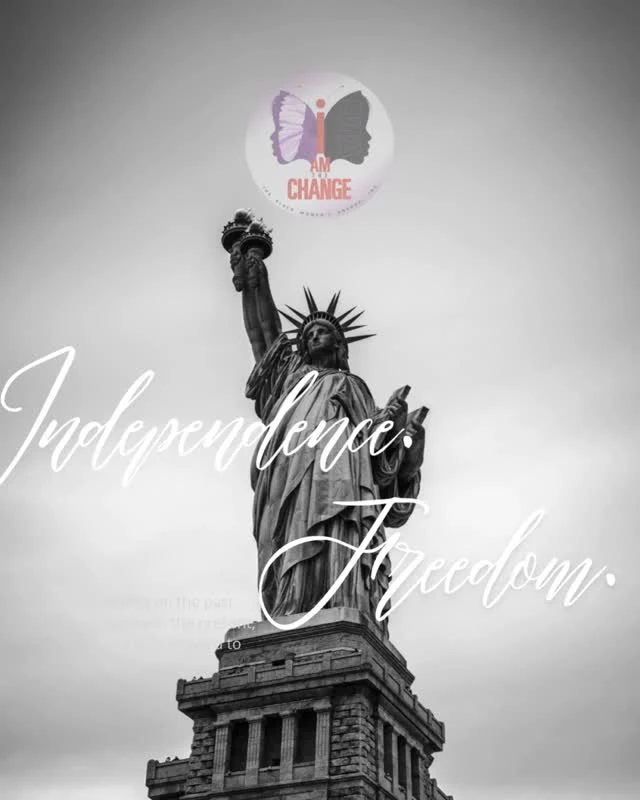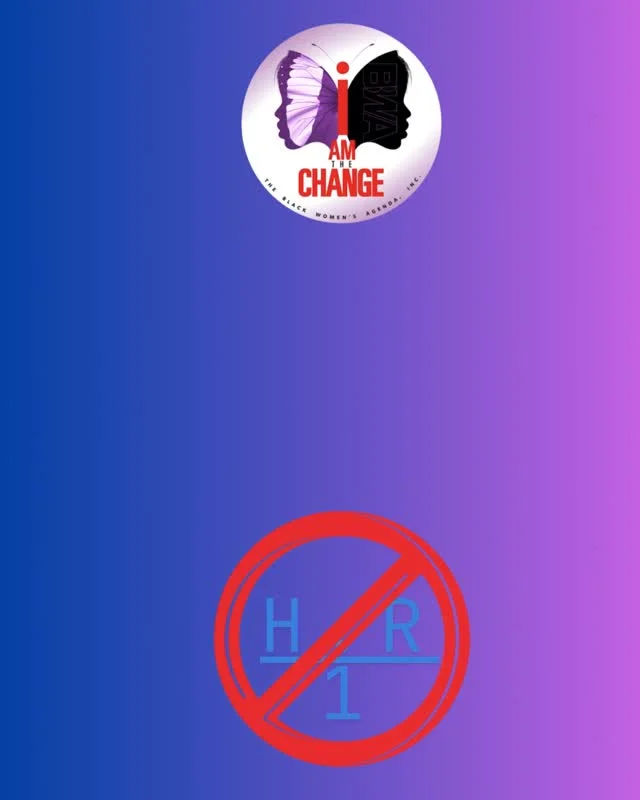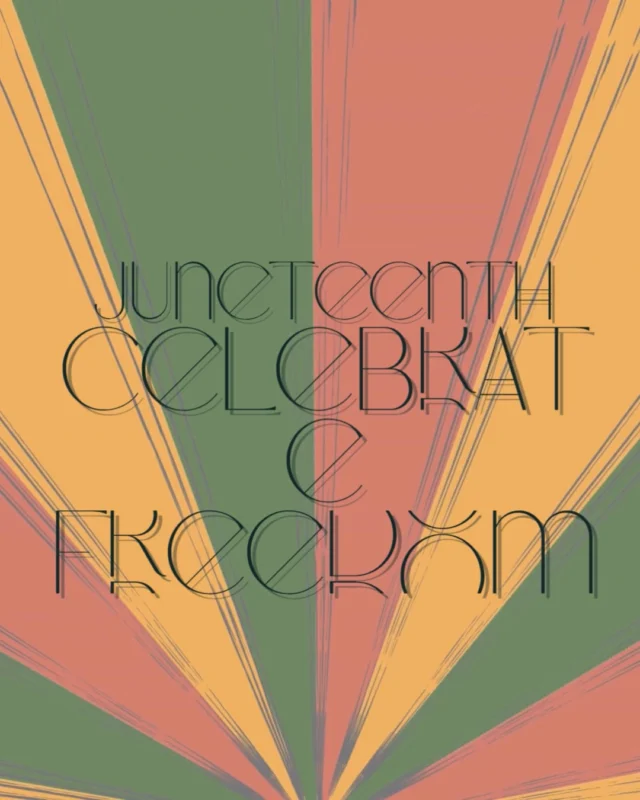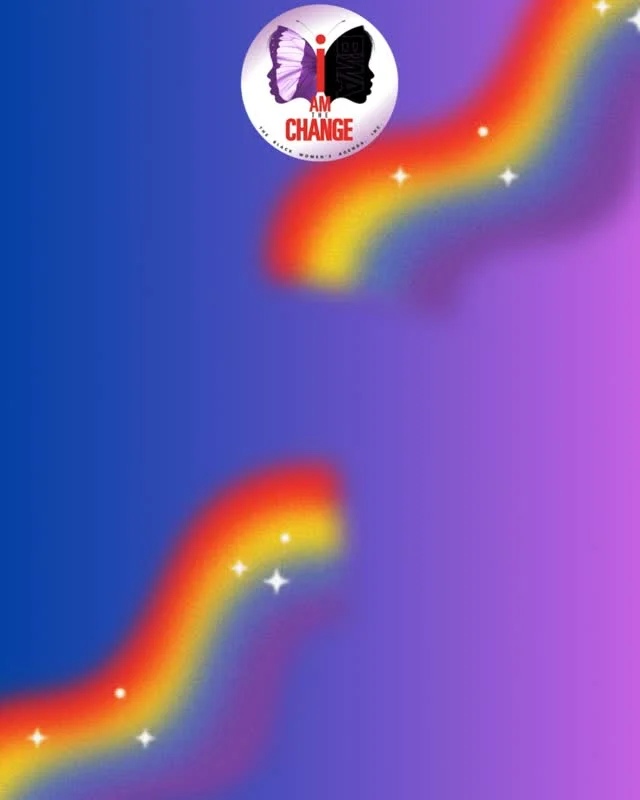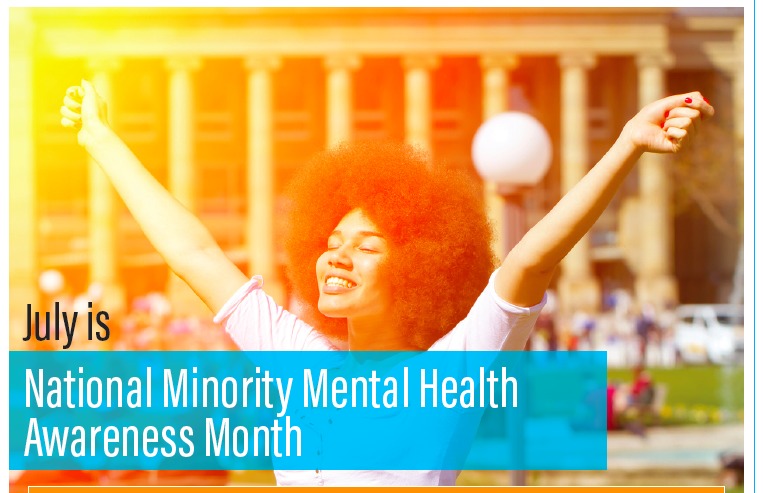
JULY IS NATIONAL MINORITY MENTAL HEALTH AWARENESS MONTH
In 2008, the US House of Representatives designated July as Bebe Moore Campbell National Minority Mental Health Awareness Month, which is now known as National Minority Mental Health Awareness Month. The resolution was sponsored by Rep. Albert Wynn [D-MD] and cosponsored by a large bipartisan group to achieve two goals:
- Improve access to mental health treatment and services and promote public awareness of mental illness.
- Name a month as the Bebe Moore Campbell National Minority Mental Health Awareness Month to enhance public awareness of mental illness and mental illness among minorities.
As part of this effort, The HHS Office of Minority Health joins partners at the federal, state, local, tribal, and territorial levels to help raise awareness about mental illness and its effects on racial and ethnic minority populations.
According to the Substance Abuse and Mental Health Services Administration (SAMHSA):
- In 2017, 41.5% of youth ages 12-17 received care for a major depressive episode, but only 35.1% of black youth and 32.7% of Hispanic youth received treatment for their condition.
- Asian American adults were less likely to use mental health services than any other racial/ethnic group.
- In 2017, 13.3% of youth ages 12-17 had at least one depressive episode, but that number was higher among American Indian and Alaska Native youth at 16.3% and among Hispanic youth at 13.8%.
- In 2017, 18.9% of adults (46.6 million people) had a mental illness. That rate was higher among people of two or more races at 28.6%, non-Hispanic whites at 20.4% and Native Hawaiian and Pacific Islanders at 19.4%.
The Agency for Healthcare Research and Quality (AHRQ) reports that “racial and ethnic minority groups in the U.S. are less likely to have access to mental health services, less likely to use community mental health services, more likely to use emergency departments, and more likely to receive lower quality care. Poor mental health care access and quality contribute to poor mental health outcomes, including suicide, among racial and ethnic minority populations.”
OTHER NEWS
The Black Women’s Agenda Inc. Applauds the U.S. Supreme Court Affordable Care Act Decision
The Black Women’s Agenda Inc. applauds the recent U.S. Supreme Court Affordable Care Act decision. On June 25, 2015, the United States Supreme Court ruled that consumer subsidies can continue flowing through all of the Affordable Care Act’s health insurance marketplaces, effectively wiping away any further threat to the landmark law. In King v. Burwell, the Court held that the Affordable Care Act authorizes tax credits for insurance purchased through the federal insurance marketplace, as well as on state-operated insurance exchanges.
An Open Letter to the Women’s Missionary Society of the African Methodist Episcopal Church (National Collaborating Organization), and Charleston Communities:
On behalf of the Board of Directors of The Black Women’s Agenda, Inc., I offer heartfelt prayers and condolences to the AME community and the entire City of Charleston, SC. We are all shocked and saddened by the senseless murders at the Emanuel African Methodist Episcopal Church.
THE BLACK WOMEN’S AGENDA, INC. CALLS FOR ELECTORAL ACTIVISM FOLLOWING GRAND JURY’S DECISION IN FERGUSON, MO
WASHINGTON, DC – December 1, 2014 – In the wake of the St. Louis County grand jury’s decision not to indict the White officer who shot and killed Michael Brown, an 18-year-old unarmed African-American youth in Ferguson, MO, The Black Women’s Agenda, Inc. (BWA) is calling on the citizens of Ferguson, St. Louis County and other U.S. cities to channel their frustration into changing the face and attitudes of local government at the polls.
© 2025 The Black Women’s Agenda, Inc. All Rights Reserved. Privacy Policy


